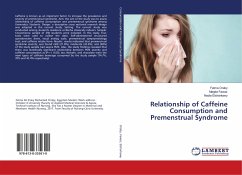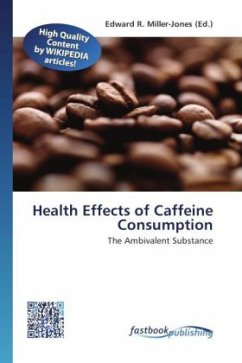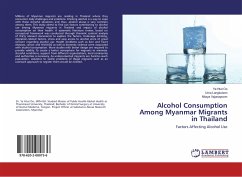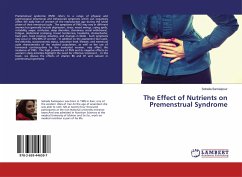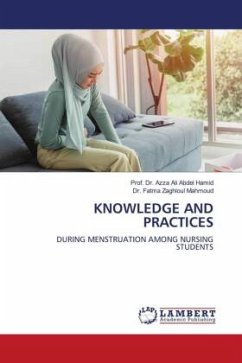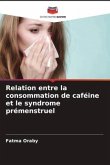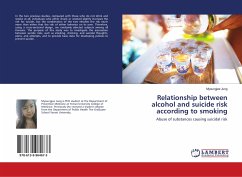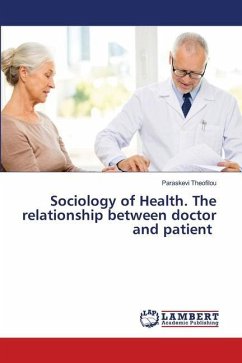Caffeine is known as an important factor to increase the prevalence and severity of premenstrual syndrome. Aim: the aim of the study was to assess relationship of caffeine consumption and premenstrual syndrome among University's Students. Design: a descriptive cross sectional research design was adopted in the current study. Setting: The current study was conducted among student's residence at Banha University indoors. Sample: Convenience sample of 250 students were included. In this study, four tools were used to collect the data: Self-administered structured questionnaire sheet, visual analog scale, premenstrual symptomatology tool; and caffeine intake form. Results: results indicated that premenstrual syndrome severity; was found mild (21.6%), moderate (32.4%); and (46%) of the study sample had severe PMS. Also, the study findings revealed that there was statistically significant relationship between PMS severity and caffeine consumption as (P= 0.05); tea, Nescafe, and chocolate were the main types of caffeine beverage consumed by the study sample (74.7%, 70% and 42.4% respectively).

